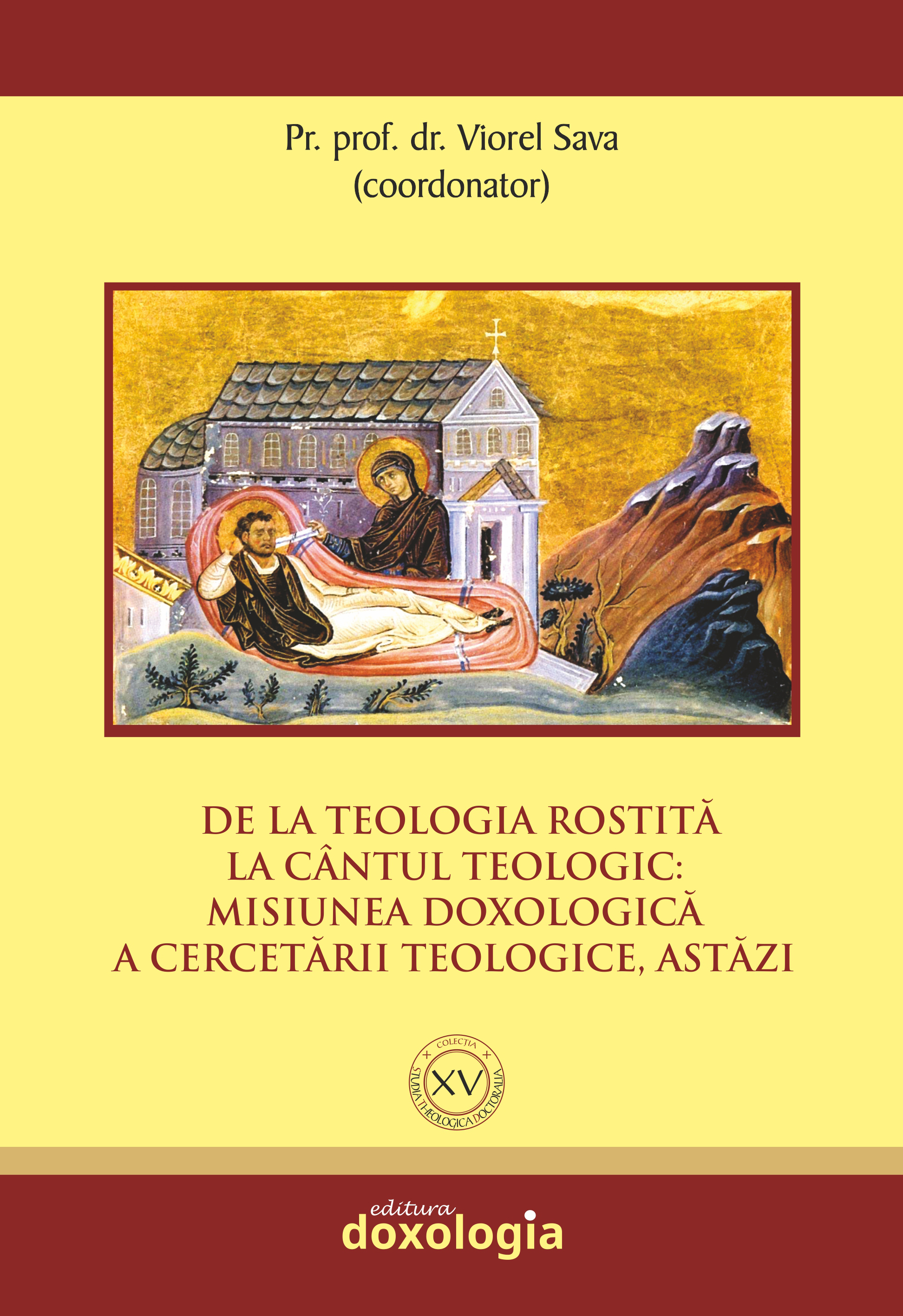Aspecte ale dezvoltării personale la Ken Wilber. O evaluare teologico-misionară
Aspects of personal development in Ken Wilber. A theological-missionary assessment
Author(s): Iulian-Constantin Vrabie
Subject(s): Theology and Religion, Sociology of Religion
Published by: Editura Doxologia
Keywords: personal development; integral spirituality; the spectrum of consciousness; the image and likeness;
Summary/Abstract: For over a century, psychologists have been actively creating innovative theories of human development. Many of these theories are also relevant to understanding spiritual and religious growth. Some of these are important general theories of human growth, while others are more specific theories of moral development with concerns that overlap with those of spiritual or religious formation. One of the most recent such theories of human development is the integral theory model proposed by psychologist Ken Wilber. In an early work entitled The Atman Project, Wilber outlines a transpersonal theory of development that draws on sources from religion, psychology and philosophy.Ken Wilber's integral theory is a comprehensive and integrative approach to human cognition that attempts to integrate multiple dimensions of human experience into a coherent model. In this context of the development of the human person, Eastern theology starts primarily from the vertical relationship, that means in the centre of human existence is the relationship with a personal God, and following the model of the Holy Trinity the relationship with one's fellow human beings is also integrated. This relationship involves a movement, an exploration or a journey, because being a human person involves not only the quality of sharing with others, but also that of growing. For Metropolitan Kalistos Ware, therefore, the point of contact between patristic theology and contemporary psychology is shown in the fact that this personal character of the human person is not something fixed and static, but involves development, growth. Now, in Orthodox theology, this dynamic character of the human person is expressed in the distinction between the image of God and the likeness of God.
- Page Range: 274-283
- Page Count: 10
- Publication Year: 2023
- Language: Romanian
- Content File-PDF

